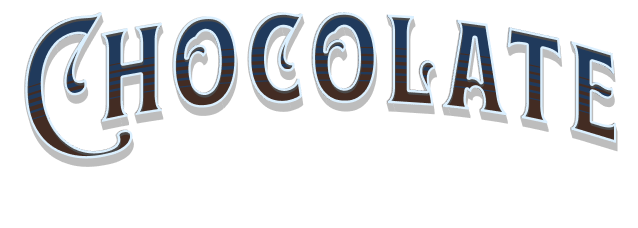Level: Novice
Reading time: 5 minutes
What do you think of beans from Cameroon?
Today I saw the hashtag #MyOneScienceTweet and found this one.
It's normal to think with stereotypes, that's how the human mind works: it likes to categorize things as it's simpler to function that way. But it's up to you to recognize when you do and to react accordingly.
It is a perfect lead in.
This is such an innocuous question. And it might be, but to me it says a lot about how many people think about cocoa beans versus how I look at them. I think it is safe to say I would like you to look at them the same way I do. My issue with the question is all the assumptions it seems to make. Basically the potential stereotypes it can promote.
To me, the assumption it makes is that where a bean comes from is of the utmost importance in determining whether a bean is good or not. It seems to also hint at the assumption that all beans from one country are basically the same.
Humans appear to like to put things into neatly organized categories and don’t know what to do if something can’t be categorized. Good/bad. Sweet/sour. Hot/cold. Raw/cooked. But the world rarely is this black or white and we do a grave disservice to what we are evaluating if we insist in shoving it in one box or another.
My official answer to this question is this.
I have never tasted a cocoa bean from Cameroon that I though was worth offering.
I choose my words very carefully there. This is what I didn’t say though.
- I don’t like beans from Cameroon.
- Cocoa beans from Cameroon are no good.
- There are no quality beans in Cameroon.
Think about the offerings I have from Peru. I have 7 of them. From that you might be tempted to say Peru produces good cocoa beans, full stop. But that isn’t the whole story. Peru DOES produce quite a few good beans. But that also means that the farmers there are picking good varieties at the right time, fermenting and drying them well and storing them under proper conditions. But it has little to do with the country in my opinion. What you don’t know is that I have also turned down 5 samples from Peru in the last year that were not very good.
That all said, I am as guilty of utterly comments about things I don’t like. I’ve been known to say “I don’t like Guatemalan coffee” and “I don’t like white wine”. Just last week I said "Ecuador is back", like that says it all.
It is entirely possible you meant “Do you have any experience with cocoa beans from Cameroon?” (at which point this would not have made a good question today). To that end, I now tend to give myself verbal outs when talking about things I don’t like. “I am not a fan of most Guatemalan coffees” or better yet “So far, I have not found a Guatemalan coffee I enjoy”. To my mind it is not so much about being pedantic, but training myself to not arbitrarily and unfairly putting a whole region into one category. Recently I even tested that by buying and roasting 3 Guatemalan coffees that sounded like I should like. And the result was that although they were not bad, I was not overly fond of them either, “I still haven’t found a coffee from Guatemala that I like”. It is possible I don't like them, but to me it is better to always keep an open mind to them.
Keep in mind, things change. When I started out I tasted multiple samples from Vietnam and they were uniformly horrible. That could have lead me to say Vietnam doesn’t produce good cocoa, but if I had and written off the entire country I would not have carried three wonderful beans from there last year (Lam Dong is still available). And even though the deck is stacked against Brazil currently (I really enjoy most coffees from there but have liked only two out of dozens of cocoa samples I’ve tried from there) I will continue to try cocoa samples from Brazil whenever they are offered.
There is one more variation of this conversation that I want you to think about. If you notice, I put crop years. This isn’t so you know how old or new a bean is. I do it for the same reason they put vintages on wines. These are crops and processes that are not constant year to year. That is part of the allure to them. The Peru Maranon from 2014 was different from 2015 which is different from the 2016 I currently have. They are all clearly “Maranon” but are variations on a theme. 2017 is looking to be like 2014. So even if you get specific, watch out for “I love Maranon”. Which year? There was (is?) a 2008 Zinfandel from Petrocelli that I thought was fantastic but the 2012 is just ok. I like them both, but I evaluate them on their own term knowing they are probably going to change year to year.
So that is all I am asking of you. Train yourself to not make blanket statements about liking or not liking general things. It keeps you open to new experiences and keeps you from self-fulfilling bias.

